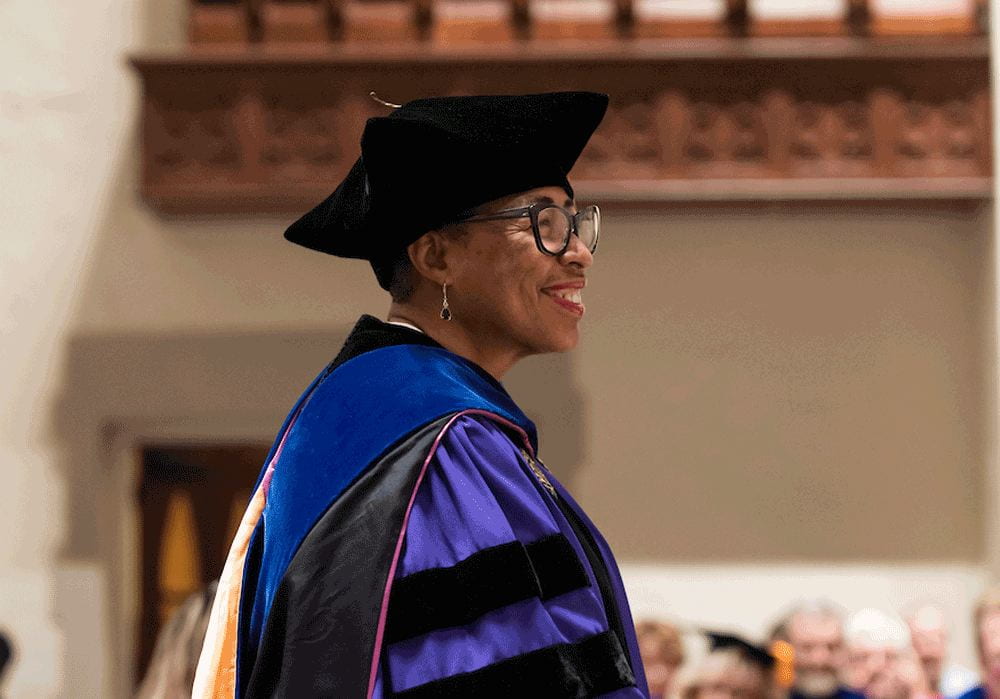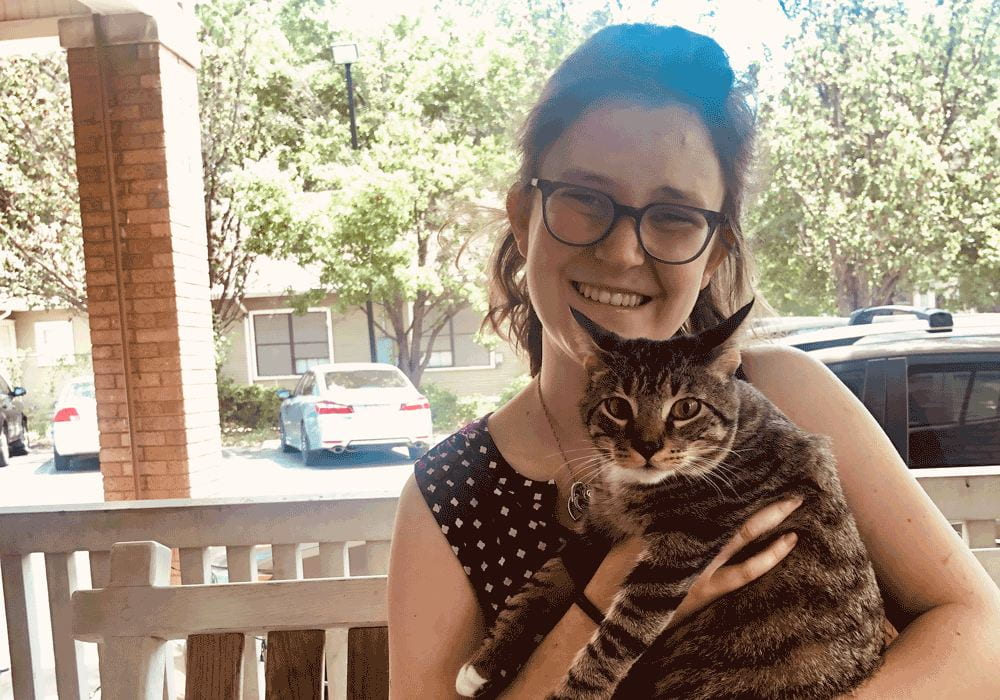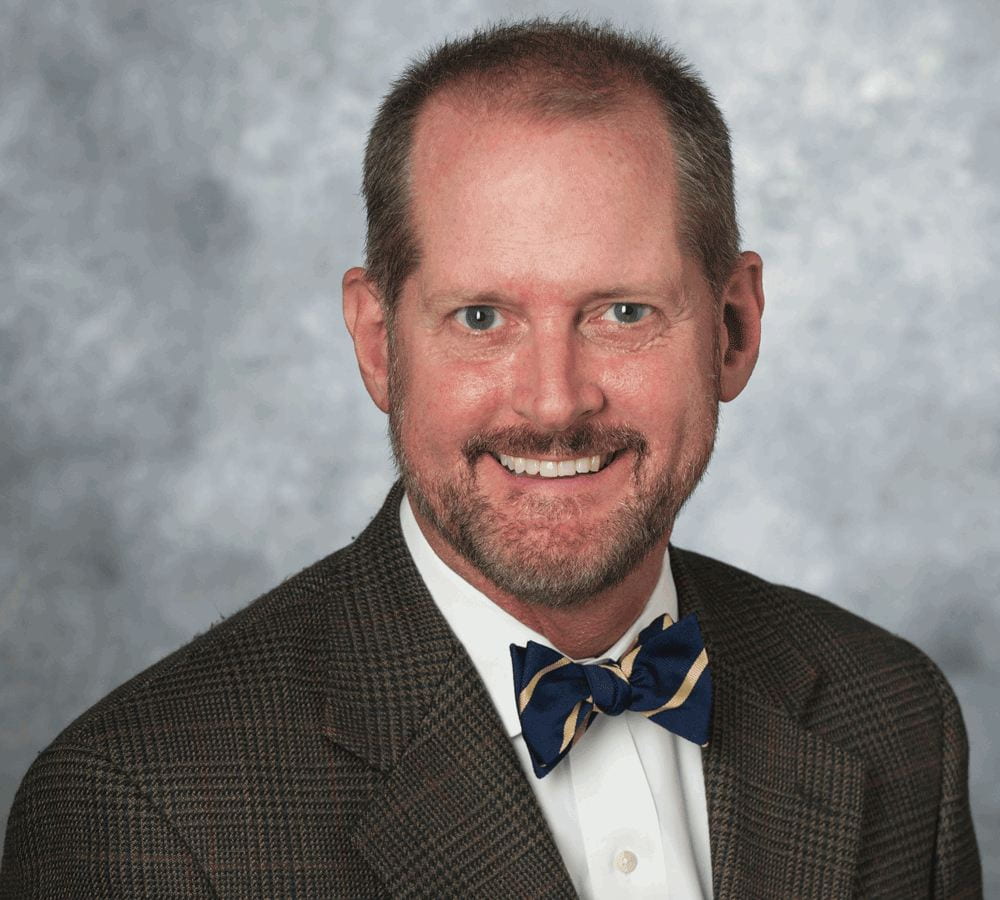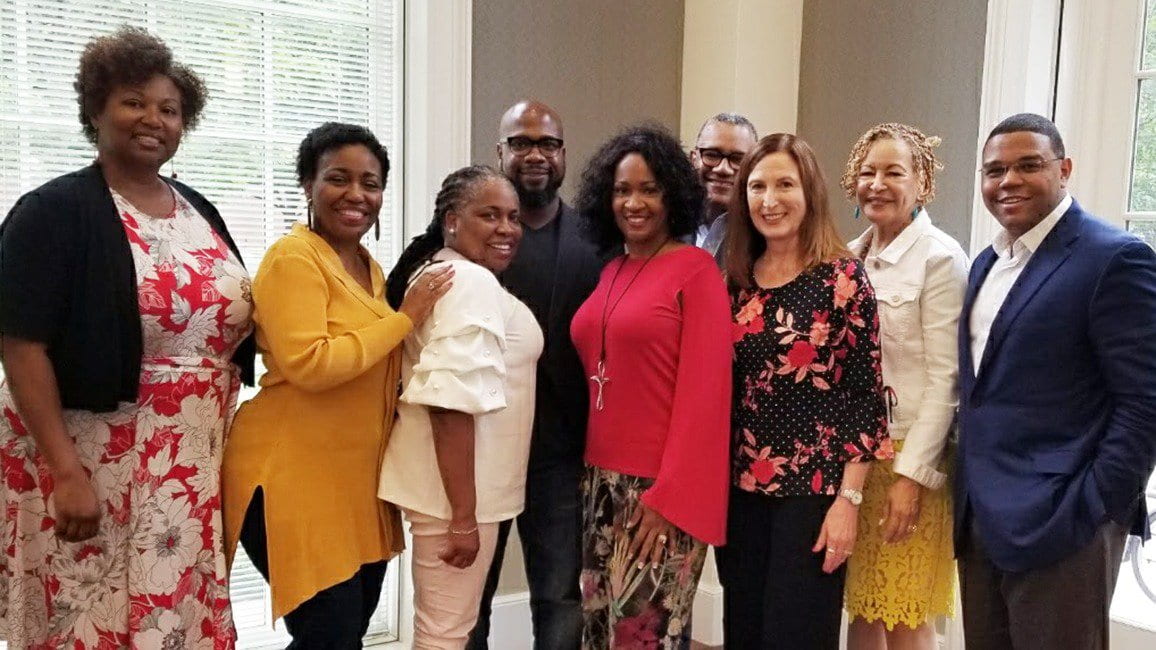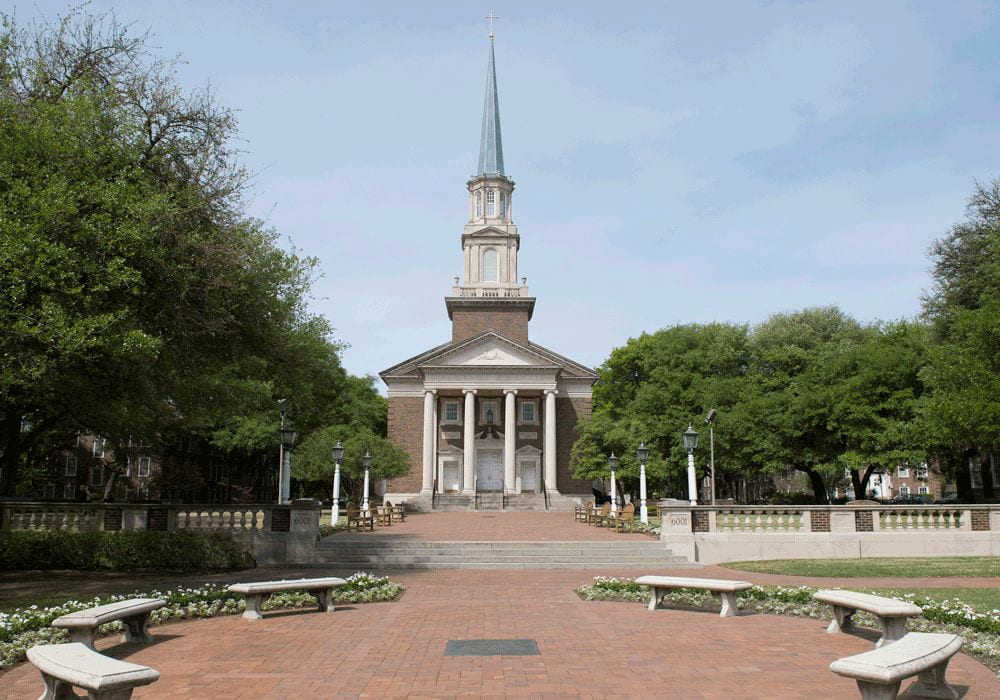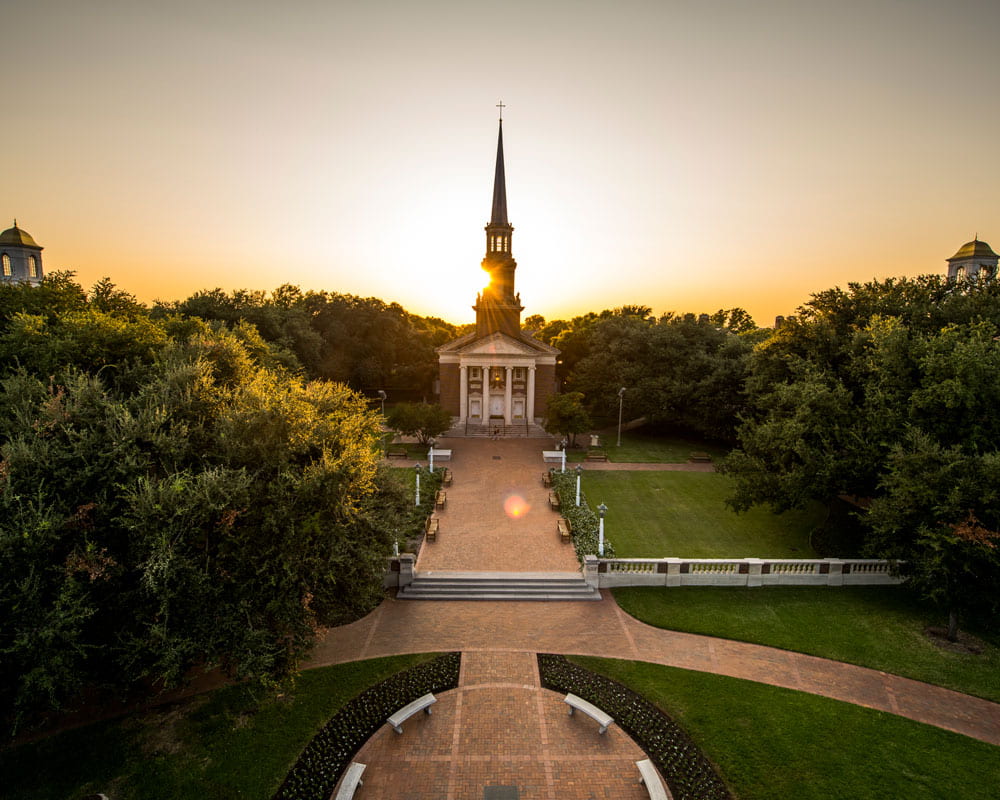Evelyn L. Parker, Susanna Wesley Centennial Professor of Practical Theology at Perkins School of Theology, has been selected for a 2019-20 Fulbright U.S. Scholar grant. Parker will spend six months based at the University of Western Cape and the South African Faith and Family Institute in Cape Town, South Africa, working on a project titled Role of Religions Leaders in Preventing and Intervening in Teen Dating Violence in South Africa.
“The #MeToo Movement has raised global awareness of sexual harassment of women and girls,” Parker said. “I’m looking to explore the role that religious leaders of multiple faiths in Cape Town, South Africa play in addressing teen dating violence through ecumenical and interfaith institutions.”
Why South Africa? Parker says that a good deal of research and scholarship has originated from South Africa on teen dating violence, which includes controlling, abusive, and/or violent behavior in adolescent romantic relationships.
“They are more progressive about having a conversation about this issue in South Africa,” she said. “I believe that community leaders in the U.S. who are concerned about teen dating violence can benefit from the experiences and knowledge of religious leaders there.”
In addition, she has developed a number of relationships with faith leaders in South Africa through her interfaith work with the World Council of Churches and by way of immersion trips she has led in South Africa with SMU students and others since 2008.
According to the Centers for Disease Control (CDC), teen dating violence affects millions of teens in the U.S. each year. Data from CDC’s Youth Risk Behavior Survey and the National Intimate Partner and Sexual Violence Survey indicate that nearly 1 in 11 female and approximately 1 in 15 male high school students report having experienced physical dating violence in the last year.
Parker will use qualitative methods of observation and interviews, to explore the nature of religious leadership in preventing the problem.
The J. William Fulbright Foreign Scholarship Board, a presidentially appointed 12-member Board, is responsible for supervising the Fulbright Program worldwide and approving the selection of all Fulbright recipients. Grants are made possible through funds appropriated annually by the U.S. Congress and, in many cases, by contributions from partner countries and the private sector. The Fulbright Program aims to increase mutual understanding between the people of the United States and the people of other countries and is the flagship international educational exchange program sponsored by the U.S. government. Fulbright alumni have become heads of state, judges, ambassadors, cabinet ministers, CEOs, and university presidents, as well as leading journalists, artists, scientists, and teachers. They include 59 Nobel Laureates, 84 Pulitzer Prize winners, 72 MacArthur Fellows, 16 Presidential Medal of Freedom recipients, and thousands of leaders across the private, public and non-profit sectors. Since its inception in 1946, more than 380,000 “Fulbrighters” have participated in the Program.
